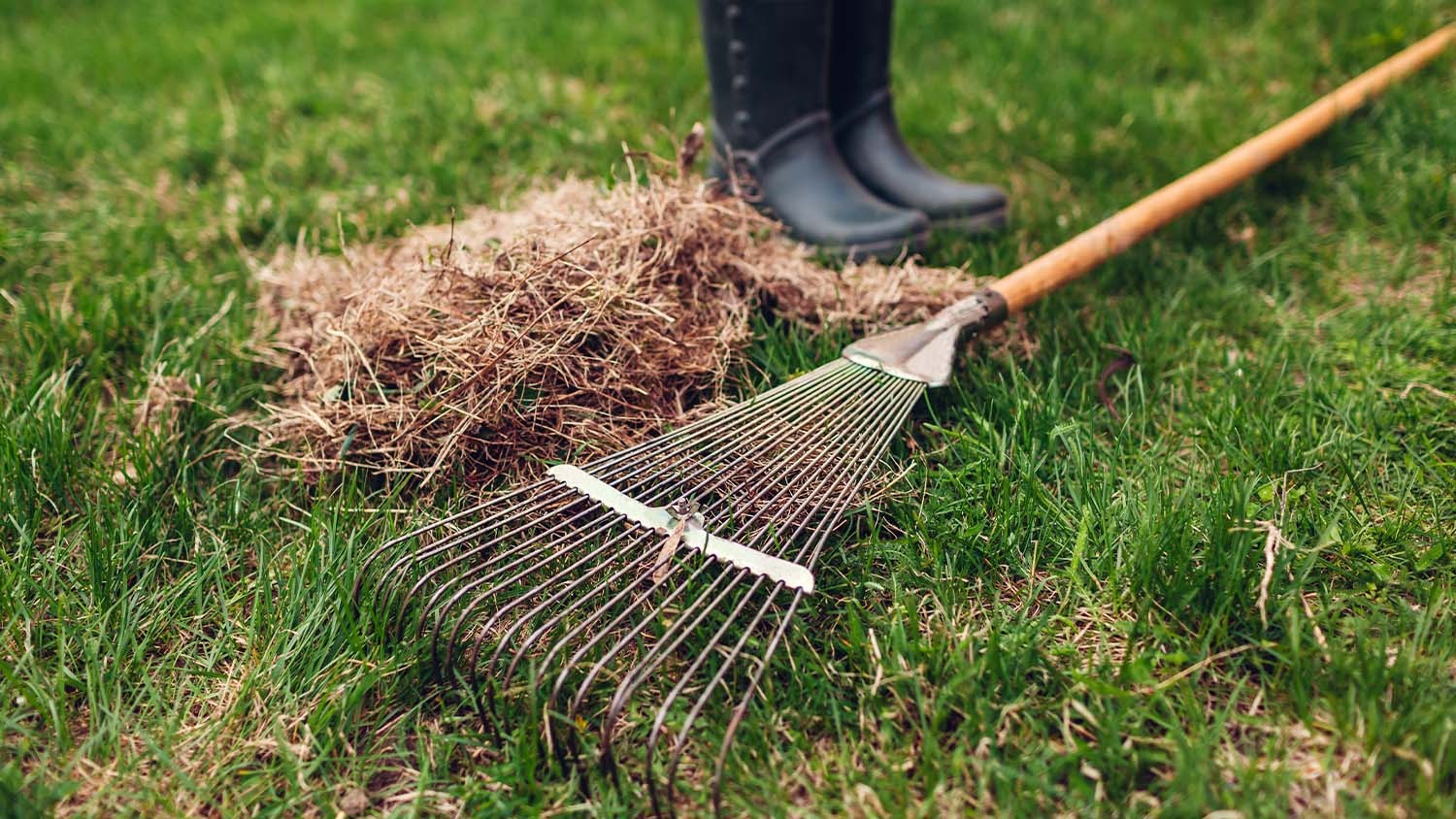KANSAS CITY, Mo. — New Orleans Saints rookie wide receiver Austin Carr was still playing college football at Northwestern in 2015 when he learned that his decision to be a bone marrow donor was going to help save someone’s life.
It was an easy decision for Carr to be a donor, because that’s “just a swab of your cheek,” he says. But when the call of duty came, it was a little more complicated. Carr was at the end of his junior year at Northwestern.
“(Being a match) meant I would have to sit out of a couple weeks of spring ball and a couple weeks of workouts,” he recalled on the Saints website. “I had to speak with my coach and with my family and count the cost of missing that because who knows what can happen with the depth chart in that time. After some thought, I knew it was the right thing to do.”
At Sunday’s Super Bowl in Minneapolis, Carr got to meet the man whose life was saved because of his selfless act. That man is 59-year-old Roy Coe from Kansas City, Missouri.
The retired railroader tells WDAF he’s now gone two years with no visible signs of the non-Hodgkin’s Lymphoma he’s fought for more than five years. Coe said he was first diagnosed in 2012 after complaining to doctors of pain in his jaw. It turned out to be cancer.

In 2016, oncologists at the University of Kansas Health System performed a stem cell transplant, which, in time, helped Coe overcome cancer.
“The transplant coordinator there at the clinic asked me, “Hey, you have a chance to meet your donor if you want,” Coe told FOX4 on Monday. “He said, ‘You also have a chance to go to the Super Bowl.’ I thought it was a scam at first.”
The National Marrow Donor Program doesn’t permit its recipients and donors to meet for two years after each transplant. Little did Coe know, his donor was Carr.
Carr and Coe finally met last Wednesday in Minnesota. Photos show the two chatting warmly and hugging the way old friends do.
“I was going to shake his hand, but also I knew at the time, it was going to end up being a lot more than that,” Coe said.
Be the Match arranged the meeting and for Coe and his partner, Linda Baur, to fly to Minnesota. The Saints franchise gave the couple free tickets to the Super Bowl and a personal meeting with Carr, where Coe expressed his gratitude.
“It was surprising to know that it was somebody who was somewhat famous,” Baur said Monday.
Baur said she teared up while Coe thanked Carr for saving his life. Baur said Coe had waited years before transplant specialists could find a match, and the outlook was bleak until Carr came into the picture.
“When you’re given a diagnosis and told you’re not going to live, but there’s this treatment that could possibly extend it, then yes, you have to jump on it, and you have to rely on people who are willing to donate,” Baur said.
“Thanks to this guy, I got a chance to irritate my grandkids for a little while longer,” Coe said.
Coe also said there’s a history of cancer in his family, and he’s lost countless loved ones to the condition. If not for Carr’s generosity and kindness, he fears he might have died the same way.
The Be the Match Registry is the world’s largest catalog of cells, with close to 16 million donors listed. The National Marrow Donor Program says it has facilitated more than 80,000 transplants across the globe.

















